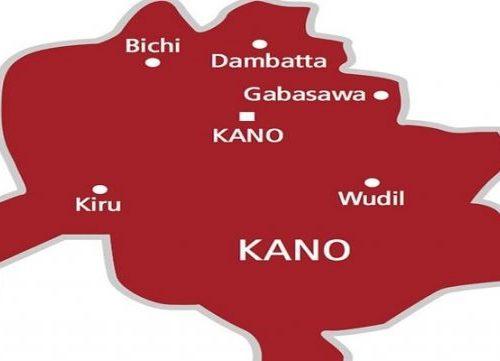Doyin Salami, a former chief economic adviser to ex-President Muhammadu Buhari, has said Nigeria is dealing with the “inevitable” cost of long-delayed reforms.
He said this at the 2024 economic outlook organised by the Nigerian-British Chamber of Commerce (NBCC) on Thursday.
“While the global environment remains fragile, the domestic economy is unstable and dealing with the inevitable cost of long-delayed reforms,” he said.
He added that the outlook is for improvement in inflation whilst output growth remains fragile in both the global and domestic economic environments. “2024 is challenging but a defining year ahead.”
The foremost economist noted the importance of restoring economic stability and building upon it, as the year started on the path of reforms, which is not without a cost.
“Reform offers us a lifeline but it takes time,” he said.
Highlighting the importance of a robust Agro-industrial complex for job creation, Salami said the country’s immediate outlook relies on increased oil production and revenue.
He added that building confidence in the economy is crucial, along with a deliberate understanding of the informal sector for effective government intervention.

He anticipates a rise in minimum wage and a gradual decrease in inflation over the next few months.
“We should expect to see an increase in the minimum wage and inflation should come down but maybe after two months before we see the decrease.”
In his opening address, Ray Atelly, president & chairman of council of NBCC, said there is a need for partnership between the people and the government to resuscitate growth in the economy.
“A lot has to be done by our leaders to resuscitate the country to a prosperous Nigeria again. We must join hands with the government as partners in success to drive growth,” he said.
Ladi Bala-Keffi, deputy director of the macroeconomics analysis division of the monetary policy department at the Central Bank of Nigeria, who represented Olayemi Cardoso, governor of CBN, highlighted that the country’s economic outlook is faced with concurrent upside and downside factors, with the external factors ranging from commodity price volatility and global economic conditions to rising to political tensions, while the domestic risks include extreme volatility changes.
“While the domestic risks include extreme volatility, recent challenges and political issues, the bank has implemented several policies and reforms to enhance the country’s short to medium-term economic prospects
“On policy coordination, the CBN intends to coordinate its monetary policy actions with the government’s fiscal policy to ensure effectiveness and avoid conflicting signals, transparency, and communication plan, an open communication of policy decisions,” she added.

















